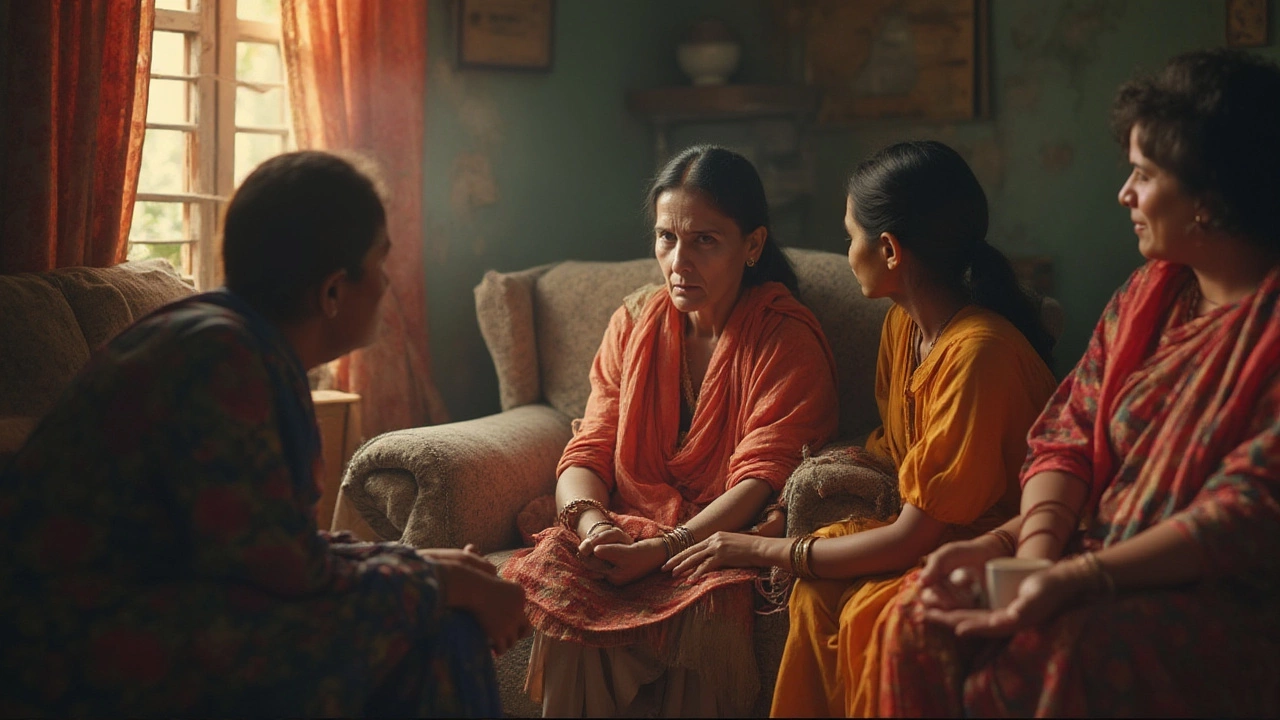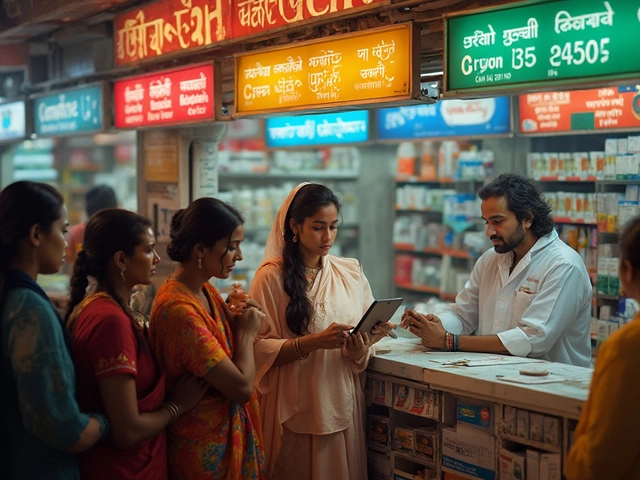Cancer Family Guidance: Real‑World Tips for Supporting Your Loved One
When a family member gets a cancer diagnosis, everything feels suddenly out of control. You might wonder what to say, how to help, and whether you’re doing enough. The truth is, you don’t need a medical degree to be a solid support. Simple, honest actions can make a huge difference for the patient and for the whole family.
Understanding What Your Family Needs
First, listen. Often the person with cancer just wants to vent or share fears without getting unsolicited advice. Let them talk, nod, and ask gentle follow‑up questions like, “How are you feeling about the treatment plan?” This shows you care without pressuring them.
Next, figure out the practical gaps. Do they need rides to the hospital? A grocery shopper? A calendar of appointments? Write down what comes up each week and assign tasks to different family members. Splitting chores keeps anyone from feeling overwhelmed and ensures nothing slips through the cracks.
Emotions run a marathon, not a sprint. While the patient may have moments of anger or sadness, other relatives—spouses, kids, grandparents—also need space to process. Encourage short check‑ins where each person can share how they’re coping. A quick family meeting over coffee can prevent resentment from building up.
Everyday Actions That Make a Difference
Bring normalcy back in small bites. Cook a favorite meal, watch a sitcom together, or take a short walk if the patient feels up to it. These moments remind everyone that life isn’t only about hospital rooms.
Help manage medical information. Doctors toss out lots of jargon; write down key points, medication schedules, and side‑effect warnings in a notebook or shared app. Having a single source of truth saves everyone time and reduces mistakes.
Be mindful of language. Phrases like “You’ll be fine” sound hopeful but can feel dismissive. Try, “I’m here for you, and we’ll get through this together.” It acknowledges the seriousness while offering support.
Don’t forget self‑care. If you skip meals, lose sleep, or skip your own doctor’s appointments, you’ll burn out fast. Set aside at least 30 minutes a day for something you enjoy—reading, a short jog, or a quick call with a friend. A rested caregiver is a better caregiver.
Finally, tap into community resources. Many Indian hospitals have counseling services, patient support groups, and financial aid offices. Guiding your loved one toward these can ease the burden of navigating the system alone.Remember, there’s no perfect formula. Each family’s journey is unique, and what works today might shift tomorrow. Stay flexible, keep communication open, and focus on one step at a time. Your presence, patience, and practical help are the strongest medicines you can offer.

The Last 6 Months of Cancer: What to Expect, Symptoms, and Care Tips
Wondering what actually unfolds in the last 6 months of cancer? Learn about the real physical, emotional, and practical changes, caregiving tips, and what to expect.

Can the Body Fully Heal After Chemotherapy?
Dec, 23 2024

IVF Gender Selection Cost: What You Need to Know
Mar, 26 2025


